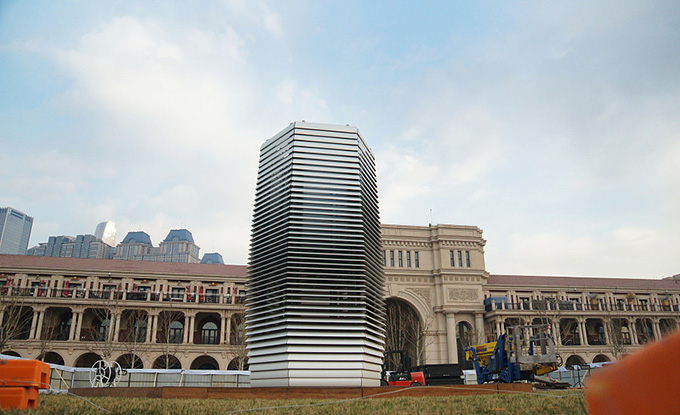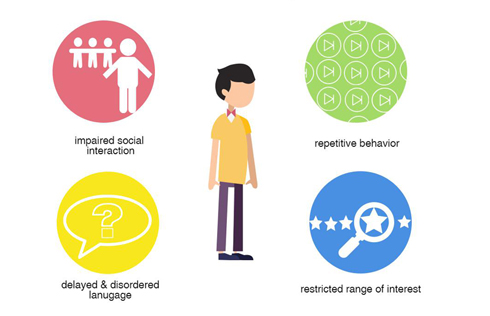Seawater can save thirsty country
More government support, including subsidies and a favorable pricing mechanism, is needed for the country to use desalinated seawater to quench its thirst, a top industry expert said.
"The lack of an effective pricing mechanism for desalinated water and support for an operable policy is affecting the development of the country's sea desalination industry," said Li Linmei, director of the State Oceanic Administration's Institute of Seawater Desalination and Multipurpose Utilization in Tianjin.
The country aims to produce 2.2 million cubic meters of desalinated seawater daily in 2015, about three times current capacity, according to a National Development and Reform Commission plan released last year.
Current domestic water prices range from 2.4 yuan to 4.9 yuan a metric ton in the coastal regions, while the price of water for industry ranges from 3.3 yuan to 7.9 yuan a ton, according to ChinaWaterNet.
However, desalination plants can produce 674,000 tons daily at a cost of about 5 yuan ($0.80) a ton — not including infrastructure such as pipelines.
Li said the government should consider bringing desalinated water into the water grid.
Aside from subsidies and funding for pilot programs, Li believes desalination is a key part of water security.
"The seawater desalination industry is as important as water conservancy projects for China to cope with its water shortage," Li said.
China suffers from severe water shortages, nearly 54 billion cubic meters on average every year. This means that more than 66 percent of cities experience water shortages.
To compound that difficulty, water consumption is expected to surge to about 700 billion cubic meters in 2030, up from 600 billion cubic meters.
Facing such a severe shortage, authorities are taking measures.
In March, the NDRC identified the regions and companies selected to carry out the first desalination projects, including heavily populated areas such as Zhejiang and Hebei provinces, and the municipalities of Shenzhen and Tianjin.
The commission asked regions and companies to encourage desalinated water use for industrial and domestic purposes.
The industry is expected to get a 10-billion-yuan boost from the plan.
Li said the policy showed the country's determination and confidence in boosting the industry.



















